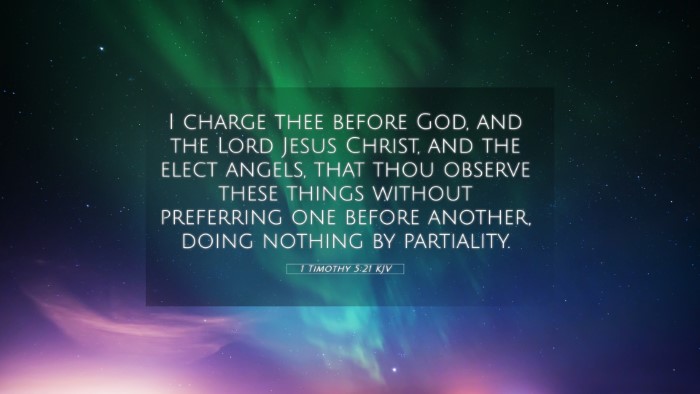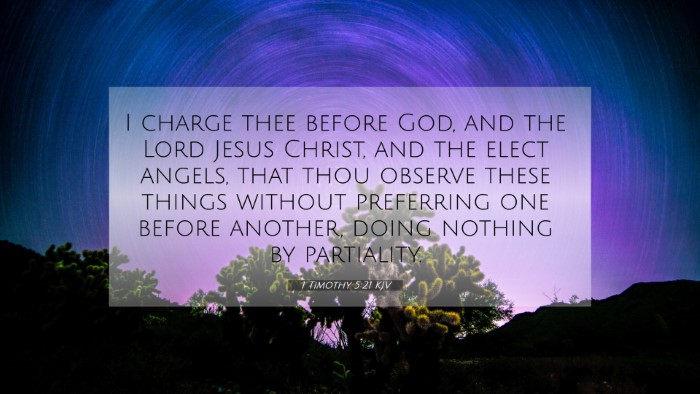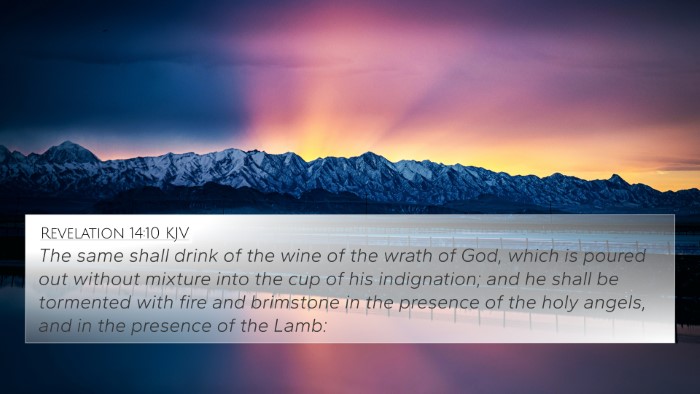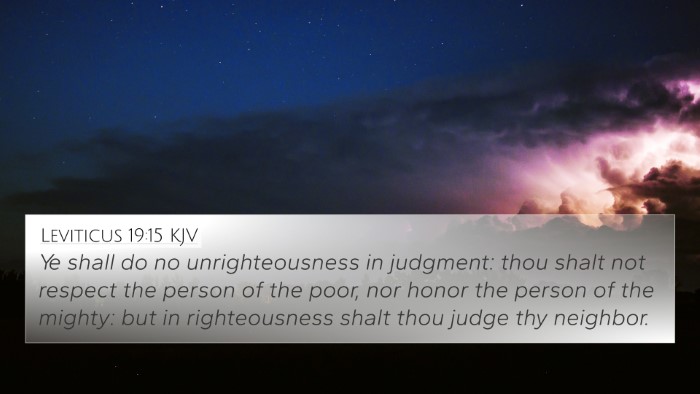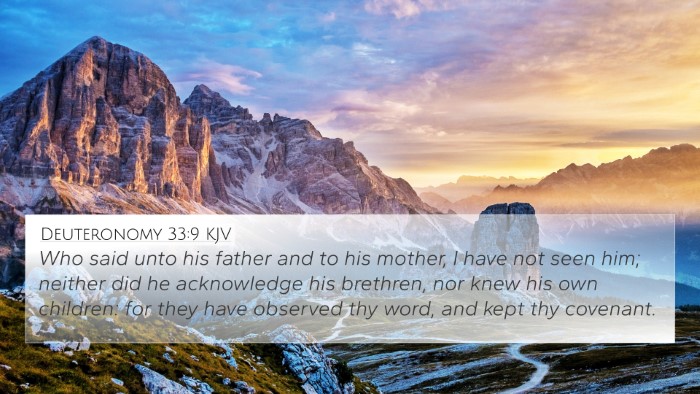Understanding 1 Timothy 5:21
1 Timothy 5:21 states: "I charge you before God, and the Lord Jesus Christ, and the elect angels, that you observe these things without prejudice, doing nothing with partiality."
This verse carries profound implications for church leadership and the manner in which judgments and decisions are made within the church community.
Here, the Apostle Paul emphasizes the gravity of his charge by invoking the presence of God, Christ, and angels as witnesses to Timothy's conduct and adherence to the commands given.
Key Themes
- Accountability: The verse highlights the accountability leaders have before God and spiritual beings.
- Impartiality: It emphasizes the importance of fairness and impartiality in decisions regarding church matters.
- Spiritual Authority: The charge reflects the spiritual authority bestowed upon Timothy as a leader in the church.
Insights from Commentaries
According to Matthew Henry, this verse serves as a solemn charge to Timothy, stressing that he should carry out his responsibilities with integrity and without favoritism.
He notes the seriousness of observing church matters, aligning them with divine principles.
Paul's intention is to ensure that Timothy's actions would reflect Christ’s teachings, maintaining the integrity of the church.
Albert Barnes cautions that this exhortation implies an expectation of moral rectitude.
He stresses that Timothy should approach matters related to church discipline and leadership without prejudice or bias, ensuring that justice prevails.
Barnes elucidates the weight of the charge by noting that God and Christ, as well as “elect angels,” are witnesses to Timothy's actions.
Adam Clarke emphasizes the significance of the term "elect angels," suggesting that these beings are a testament to the seriousness of the task at hand.
He explains that this invokes a sense of divine presence in matters of church governance,
indicating that Timothy's responsibility is not only to the congregation but also before heavenly witnesses. Clarke asserts that this should encourage Timothy to act with a sense of duty and righteousness.
Cross-References
1 Timothy 5:21 can be cross-referenced with several related verses to further explore its themes:
- James 2:1: "My brothers, do not hold the faith of our Lord Jesus Christ, the Lord of glory, with partiality." - This reinforces the call for impartiality.
- 2 Corinthians 5:10: "For we must all appear before the judgment seat of Christ, that each one may receive the things done in the body, according to what he has done, whether good or bad." - Emphasizing accountability before God.
- Romans 2:6-11: "Who will render to each one according to his deeds... For there is no partiality with God." - A central theme of impartial judgment.
- 1 Timothy 3:10: "But let these also first be tested; then let them serve as deacons, being found blameless." - The importance of integrity in leadership.
- Galatians 2:6: "But from those who seemed to be something, whatever they were, it makes no difference to me; God shows personal favoritism to no man..." - Connection to impartiality.
- Colossians 3:23-24: "And whatever you do, do it heartily, as to the Lord and not to men." - Serving God as the ultimate authority.
- 1 Peter 1:17: "And if you call on the Father, who without partiality judges according to each one’s work, conduct yourselves throughout the time of your stay here in fear." - Accountability before God.
The Importance of Cross-Referencing
Understanding scripture in isolation can lead to misinterpretations; thus, cross-referencing is essential in biblical study.
The connections between these verses illuminate themes of accountability and impartiality that are fundamental to Christian teaching.
By diving into these connections between Bible verses, one can gain a comprehensive understanding of God’s expectations for His leaders and followers alike.
Tools for Bible Cross-Referencing
To enhance your study of the Scriptures, tools for Bible cross-referencing can greatly aid in discovering links and themes within the texts.
Here are some valuable resources:
- Bible Concordance: A comprehensive tool to find specific verses and their occurrences within scripture.
- Bible Cross-Reference Guide: These guides help track similarities and themes across different books of the Bible.
- Online Bible Resources: Websites offering searchable versions of the Bible to find cross-references quickly.
- Bible Study Software: Programs designed specifically for exploring interrelated scriptural themes.
- Commentary Collections: Works such as those by Calvin or Spurgeon that provide insights on connecting scriptures.
Conclusion
1 Timothy 5:21 serves as a reminder of the authority, responsibility, and accountability of church leaders.
By understanding and applying the teachings of this word in conjunction with relevant cross-references,
one can cultivate a more profound comprehension of what is required in Christian conduct and leadership.
The reflections from renowned biblical scholars, combined with practical cross-referencing techniques,
offer a roadmap for anyone seeking to delve deeper into scripture’s rich teachings and the thematic Bible verse connections that shape our faith.

